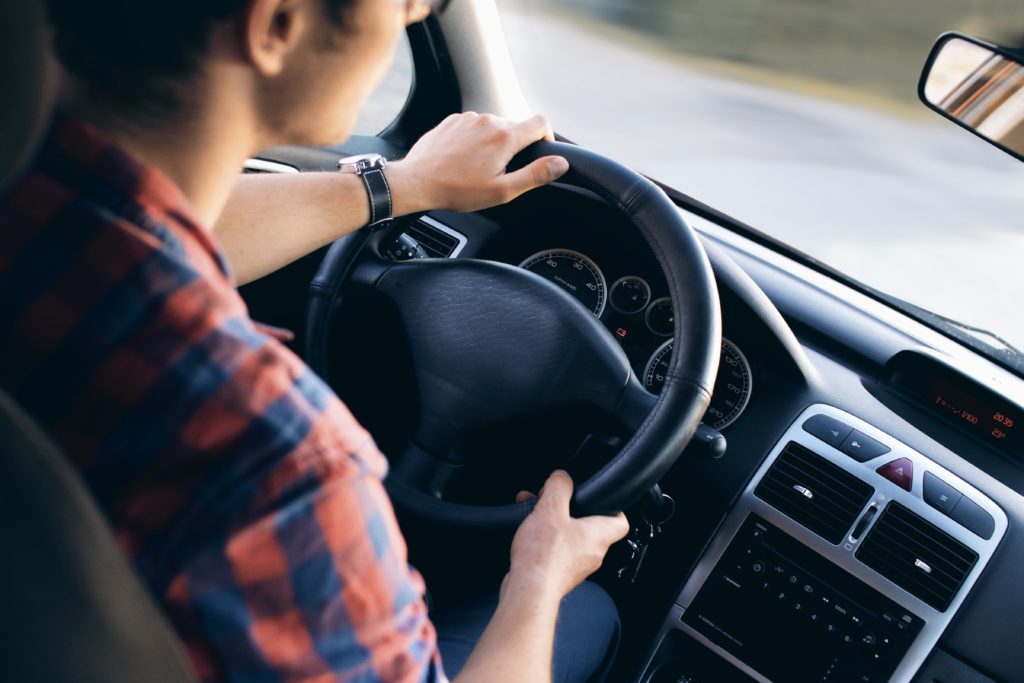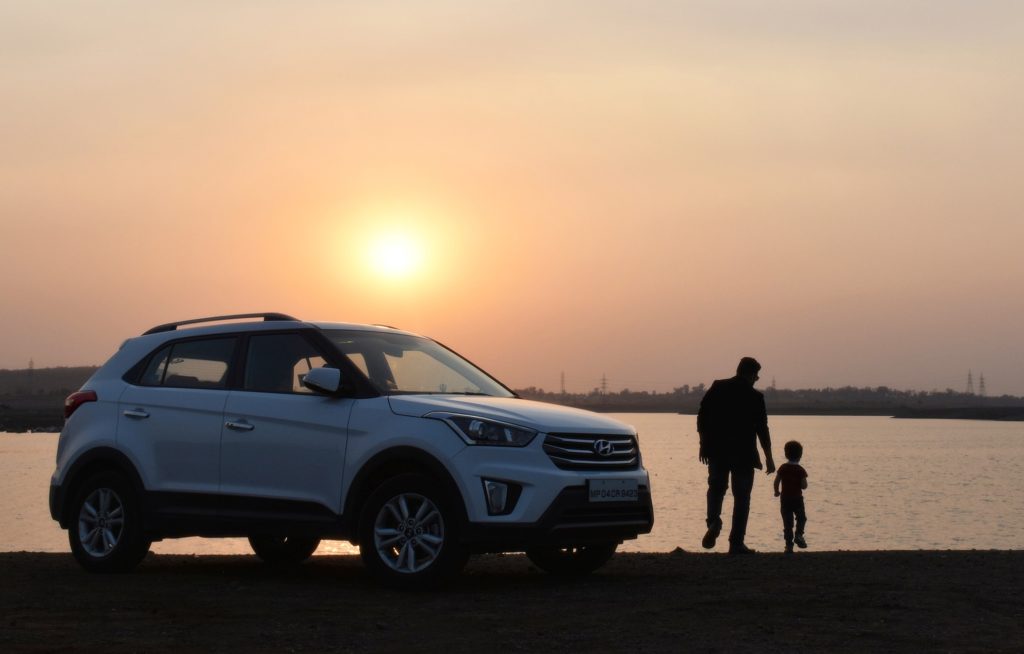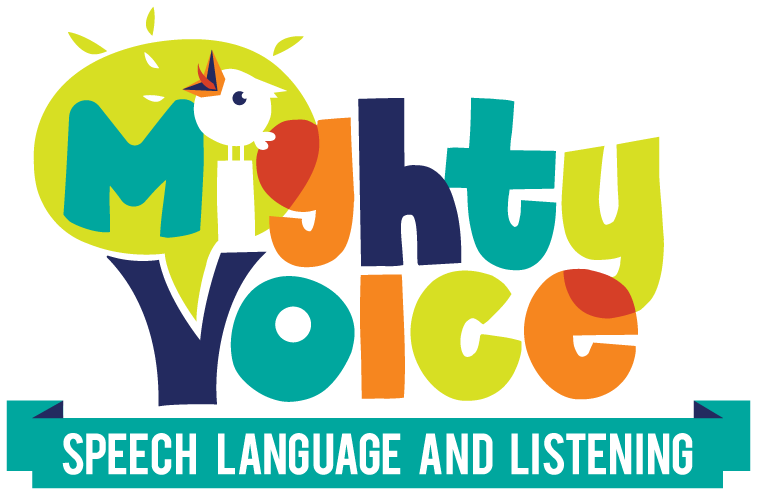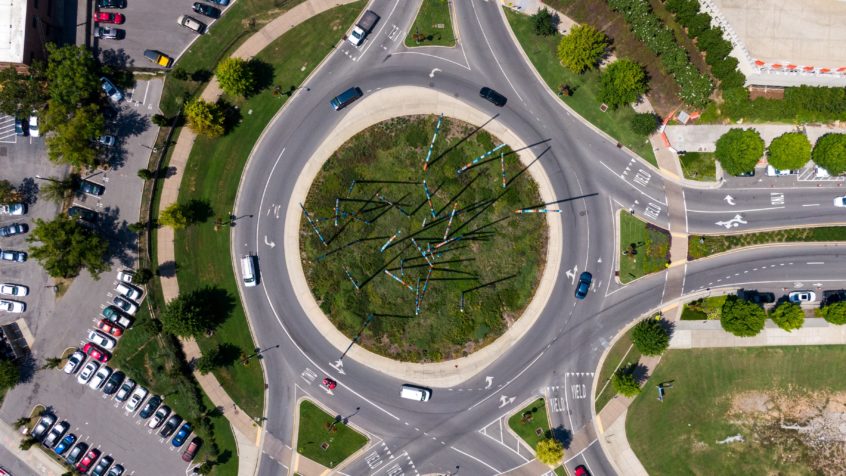Life is busy, am I right? Finding “free time” to work on listening and language therapy or goals can be tough. Today I want to share some ways to work on those goals while you do something you’re probably already doing–chauffeuring your kids around.
A Note on Background Noise
Keep in mind, for all of these activities, that there can be a lot of background noise in a car. The noise from the road, the engine, etc. can make it more difficult for your child to hear you. Talk with your child’s audiologist about how you can best talk with your child using their technology (remote mics, bluetooth accessories, etc.) while in the car.
Audiobooks
If we’re focusing on working smarter, not harder, Audiobooks are the perfect “double dip” activity. Not only is your child listening and (hopefully) comprehending the language they hear, but they’re also getting the rich new vocabulary from the story. And, if you repeat the same audiobook a few times (or many!), it will be easier to understand each time. Audiobooks also give you something to talk about with your child when you get to your destination.
I’ve written before about using Hoopla for free audiobooks through your public library, but audio books from Audible (affiliate) are also an option.

Games
If any of you are my age (40) or older, you might remember road trips before iPads and screens. Think about some of the car games you played…20 questions, I Spy, the alphabet game. These games are all great for listening and spoken language and encourage your child to listen, talk, and take turns with you. You can also make them easier or more difficult depending on your child’s listening and language abilities.
Here are a few of my favorites, and how you might use them:
- I Spy–This one is great because it builds on your child’s listening comprehension. You say “I spy something…” and then you can give a description. For new listeners, you might just say “I see something green” and see if they can take a guess. For a more advanced listener, you might give multiple clues at a time, or make them more difficult, like “I spy something that is flat and has bright reflective stripes”
- I’m Going on a Trip–this is a great game for more advanced listeners working on auditory memory. You take turns, and each person in the car says “I’m going on a trip, and I’m taking _________ (socks).” The next person adds 1 more thing on, for example “I’m going on a trip and I’m taking socks and a snack.” You can add complexity by making it have to start with a particular letter, or go through the alphabet.
- 20 Questions–20 questions is a great language game because you’re really teaching your kids categorization–the idea that different types of items fit in different categories. You play by having an idea for an item in your head, and whoever is guessing gets 20 yes or no questions to try to find out about it and guess what it is. As the adult, you can guide your child to ask good questions like “Is it a person?” or “Is it an animal?” and help them come up with questions that will gain them the most information.
If you need more ideas, check out this list of games that kids and adults will like.

Singing
Even if you’re not a natural singer, or don’t love the sound of your voice, the car is the perfect place to sing because only the people in your car can hear you. And, singing helps your child appreciate music and learn the language and speech they hear in the songs.
Start with a few simple songs you enjoy (maybe Itsy Bitsy Spider or Baby Shark), and start singing them in the car. The more often you sing them, the more familiar your child will be with them, and eventually they’ll join in. Once they know the song and are singing along, you can drop out one or more words, and see if they can fill them in.
If you really hate singing, another idea would be to make a playlist of children’s songs you can tolerate, and play those in the car. The more often your child hears them, the more familiar they will be and the more they’ll understand the language and content of the songs.
Just Talk
Sometimes when we get so busy with activities and therapy and work, we find ourselves with little time to just connect and talk with our kids. Use your time in the car together to chat about their day. If you’re not sure how to get them to talk, check out this list of ideas and open ended questions.

